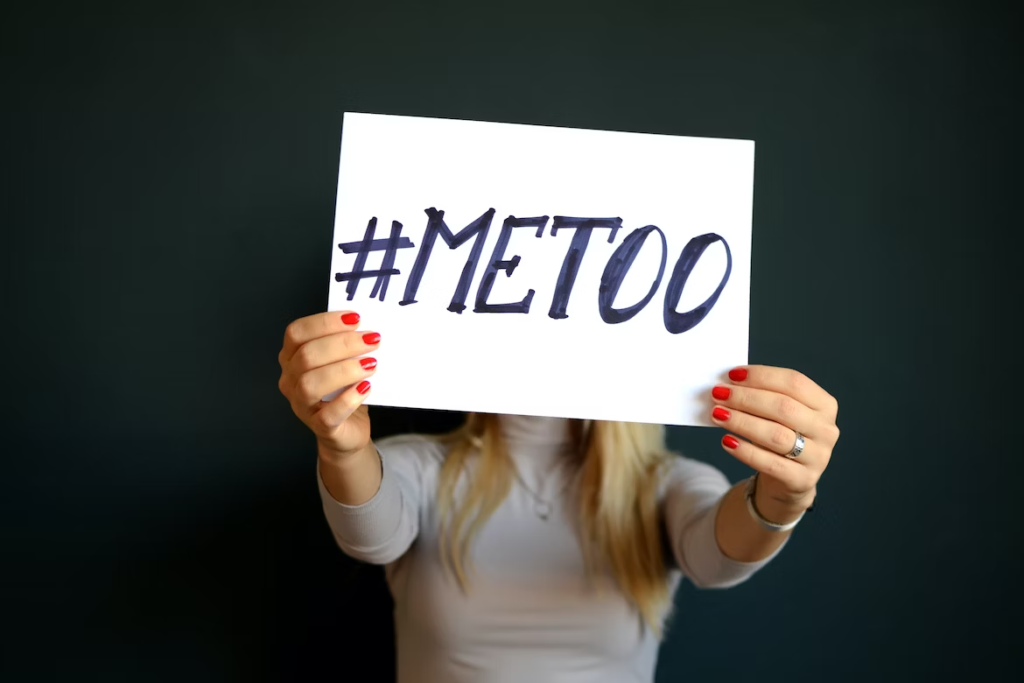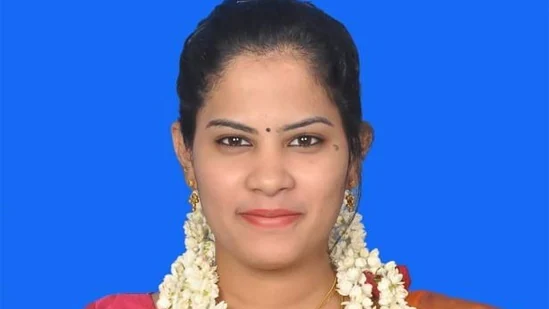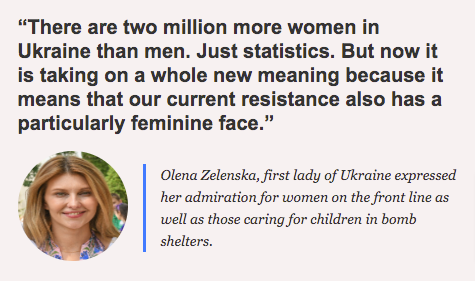If the promise to set up committees to look into complaints of sexual harassment in the Malayalam film industry holds true, it will be a historic first that comes nine years after India’s law on workplace sexual harassment was passed in 2013.
At a recently concluded workshop, various film bodies in Kerala pledged to set up internal committees (ICs) in film production units and conduct awareness programmes for employees.
Under the law, all workplaces must have ICs where women can file complaints of sexual harassment. These committees are empowered to investigate the complaints and recommend punitive action
The film industry’s misogyny problem

India’s notoriously misogynist film industry has been plagued with charges of sexual harassment, many which first saw the light of day during the #MeToo movement in 2018. Most complaints fizzled out with poor follow through and some accused filing criminal defamation cases.
In February 2022, Kerala state award winning film director Senna Hegde announced she was setting up an IC as part of the crew for her film, 1744WA. The film was amongst the first to have such a committee.
There is also an IC for the Association of Malayalam Movie Artistes (AMMA) but it is restricted to complaints by AMMA members.
Women in Cinema Collective

In February 2017, an actress was sexually assaulted and raped in a moving car in Kochi while she was returning home from a shooting assignment. The crime was filmed and was allegedly instigated at the behest of Dileep, a leading male film star. That case is in the court where Dileep is named as one of the accused.
The Women in Cinema Collective (WCC) was formed by 18 women in response to that assault. “The assault took place in a workplace situation,” says Bina Paul, a founding member. “We felt the need to set up systems to ensure the security of women.”
Three years ago, WCC filed a public interest litigation in the Kerala High Court asking for the sexual harassment law to be followed by the Malayalam film industry. The Women’s Commission of Kerala as well as the Mumbai-based Cine and TV Artistes’ Association also joined the litigation, hearing for which concluded on March 3.
Also at the WCC’s urging, the state government in June 2017 set up the Justice K Hema Commission to study and understand the workings of the industry. The commission submitted its report in December 2019. Its findings and recommendations have never been made public.
Hurdles
Implementing the law by setting up ICs will not be easy. The first hurdle is defining a workplace since multiple films are shot at various locations and people work on different sets at the same time.
But, says Paul, these objections are ‘utter nonsense’. “If I go to three sets, I am somebody’s employee in each set. By law, my employer has to ensure my safety.”
There is a deliberate attempt to make matters more complicated than they should be, she continues. “There will be hiccups. In any case ICs are only one step that the law envisages.”
The real hurdle is an attitude that is ‘almost feudal and very patriarchal’. “There is a lot of talk about loving each other, working as a family, friendship, talent and creativity,” she says. But the law is clear: Every working woman has the right to a safe work place free of sexual harassment.
The promise to implement the law is a “result of WCC’s hard work. This moment must be celebrated but with caution. Feminism has become a PR exercise for too many Indian institutions in the past decade, and there is reason to be wary in this case too, considering the resistance WCC has faced within their industry so far despite immense public support for them in Kerala,” says film critic Anna M.M. Vetticad.
If the ICs for films are set up, it will be a win for women’s rights in the Malayalam film industry. One that could pave the way for other industries, including Bollywood.
GOING PLACES

Her win from the Mangalapuram ward in the recently concluded urban body polls in Tamil Nadu, makes 29-year-old R Priya of the DMK, a post-graduate in commerce, the first Dalit and third woman to become mayor of Chennai. Young people, she told news portal The News Minute, “have new ideas, new energy. They will have fresh ways of seeing things. This is needed.”
Gender Tracker
17% is the share of women’s membership in the world’s science academies.
The figure is up from 13% in 2015 but in 19 academies is still less than 10%. The bright spot is South Africa’s Young Academy of Science that has 57% of women members.
Source: Gender InSITE
Quote/Unquote

WATCH
Shakti’s 2020 Bihar campaign, Selfless Selfie that focuses attention on the lack of political representation of women was awarded a Grand Prix in an announcement made on March 2. There are only 11% women in the Bihar assembly and while there are over 200,000 elected women in local bodies since 2006, not even 1% are able to advance their political careers and fight state elections.
Founded by Tara Krishnaswamy, Shakti works to enable more women to be elected to Parliament and the state assemblies
Watch Selfless Selfie here
STORIES YOU MIGHT HAVE MISSED
Shades of grey: Attitudes to gender

The second part of the Pew Research Centre’s attitude survey on India sheds light on attitudes to gender. It shows that while the majority of Indians recognise pervasive gender inequality, they don’t necessarily view it as a problem, writes Prof Ashwini Deshpande. For instance, across age groups, most women believe that a wife must obey her husband.
However, other inequitable norms find much lower support with only 19% of older women agreeing that it is men in the family who should be primarily responsible for making decisions about expenses and about a third saying sons have a greater right to inheritance.
“Indian gender norms are not a monolith painted in a single shade. There are 50 or more shades of grey – and while we should worry about the darker shades, we should take cues from the lighter shades to shift the needle towards gender equality,” writes Deshpande.
Also read Abhishek Jha’s charts that capture the persisting problem of patriarchy in India.
Will women’s cricket get its moment in the sun?
The Women’s One-day International World Cup has started, renewing hopes that India may finally bring home the cup under the leadership of Mithali Raj, the highest run-getter in women’s international cricket. The tour might also focus attention on the abysmal neglect of women’s cricket in the country. At Rs one crore per year, BCCI pays its lowest category male players twice as much as it does the highest category of women players who make Rs 50 lakh a year. In terms of opportunity too, women lose out. Post 2020, the team went a full year without playing. There is no women’s T-20 league and there is no junior programme that can spot talent early.
Haryana introduces anti-conversion bill
Amidst massive uproar from the opposition Congress, the BJP-led government in Haryana introduced a bill against religious conversion through force or fraud. Congress questioned the urgency of bringing in the bill and said it should be sent to a select committee first. It accused the ruling party of divisive policies. Read more here.
FIELD NOTES
Do more women=less bias? Not really
New research published in the Harvard Business Review finds that having balanced or even greater numbers of women in an organisation is not by itself changing women’s experiences of bias. “Bias is built into the system and continues to operate even when more women than men are present,” finds the report.
The research looks at four industries with more female than male workers: Law, higher education, faith-based non-profits and health care to find that simply adding more women into a workplace does not change the organisational structures and systems that benefit more men than women.
To change bias, industry leaders must replace competition with cooperation, measure success by goals (and not just time spent in the office or online), implement equitable reward structures and provide remote and flexible work with autonomy, increase transparency in decision making.
Read more here.
AROUND THE WORLD
Ticket to ride
An ad to recruit 30 women train drivers in Saudi Arabia has received 28,000 applicants, reports Al Jazeera. The women will operate bullet trains between the cities of Mecca and Medina after receiving a year’s paid training.
Until as recently as 2018, women in the kingdom were not allowed to drive and job opportunities have traditionally been limited to teaching and medical care. But with the Saudi crown prince pushing for change, female workforce participation has nearly doubled in the last five years to 33%.
Pandemic impact on FGM
Instances of female genital mutilation (FGM) have risen alarmingly in parts of Africa, including Somaliland which already had the world’s highest rate of FGM before the pandemic with 98% of girls undergoing between the ages of five and 11. Lockdowns and economic pressures are now leading impoverished parents to marry off their daughters early, for which FGM remains a cultural expectation, reports Associated Press.
The UN Population Fund has warned that disruptions to prevention programmes could lead to two million cases over the next decade that might otherwise have been averted.
Gender recognition reforms in Scotland
The Scottish government has introduced legislation to simplify how an individual changes their legal gender, which proposed dropping the need for medical and psychiatric reports, reducing the waiting time from two years to three months and allowing 16 and 17-year-olds to apply for the first time, reports The Guardian.
BEFORE I GO…
March 8 is a day to celebrate the many advances made on gender rights and also remember how much more is yet to be achieved. Women’s Day was first celebrated in 1909 in the United States. This year’s theme focuses on gender equality today for a sustainable tomorrow and calls for climate action by women for women.
| Were you forwarded this email? Did you stumble upon it online? Sign up here. |
| That’s it for this week. If you have a tip or information on gender-related developments that you would like to share write to me at: namita.bhandare@gmail.com. |



